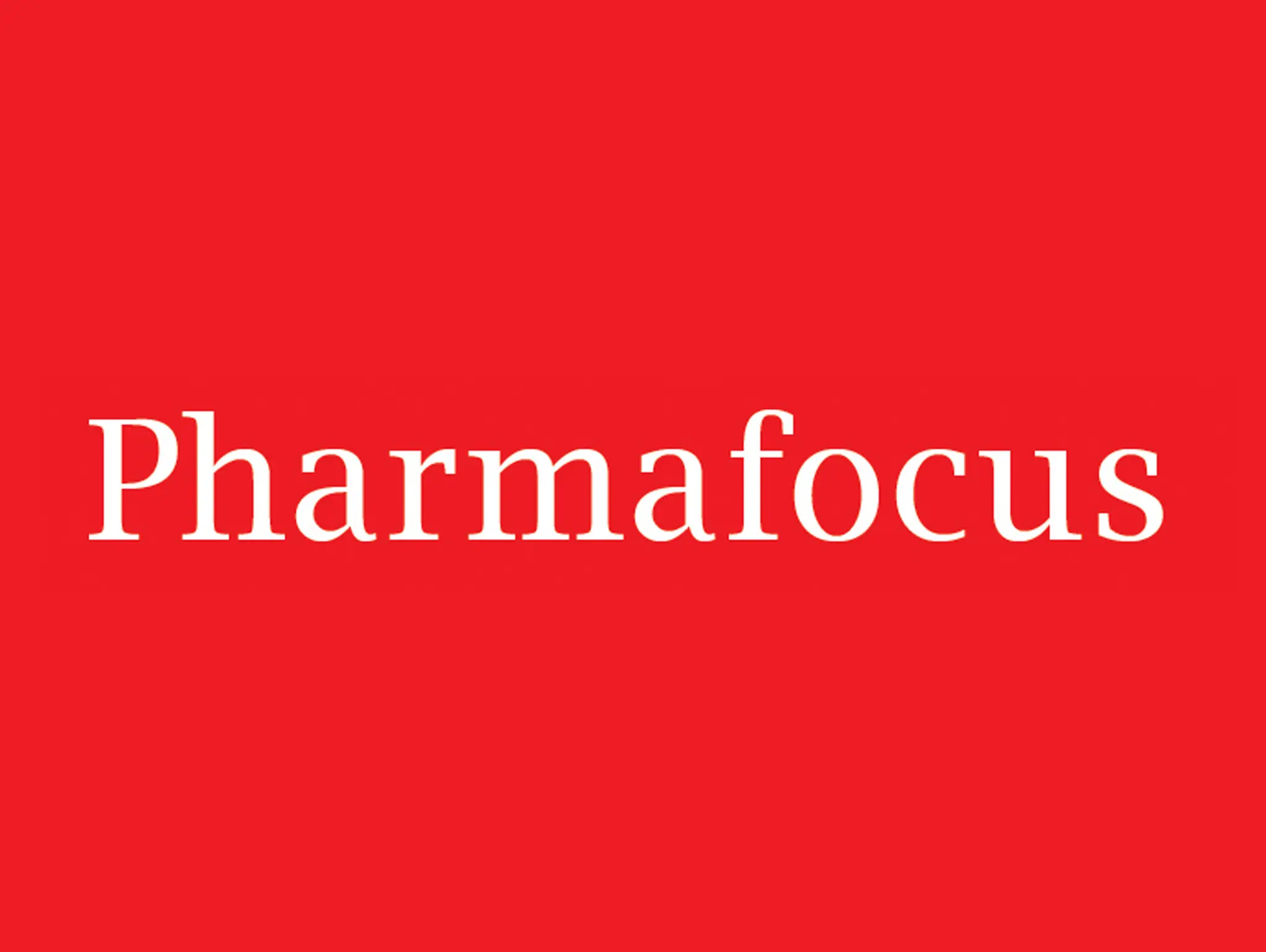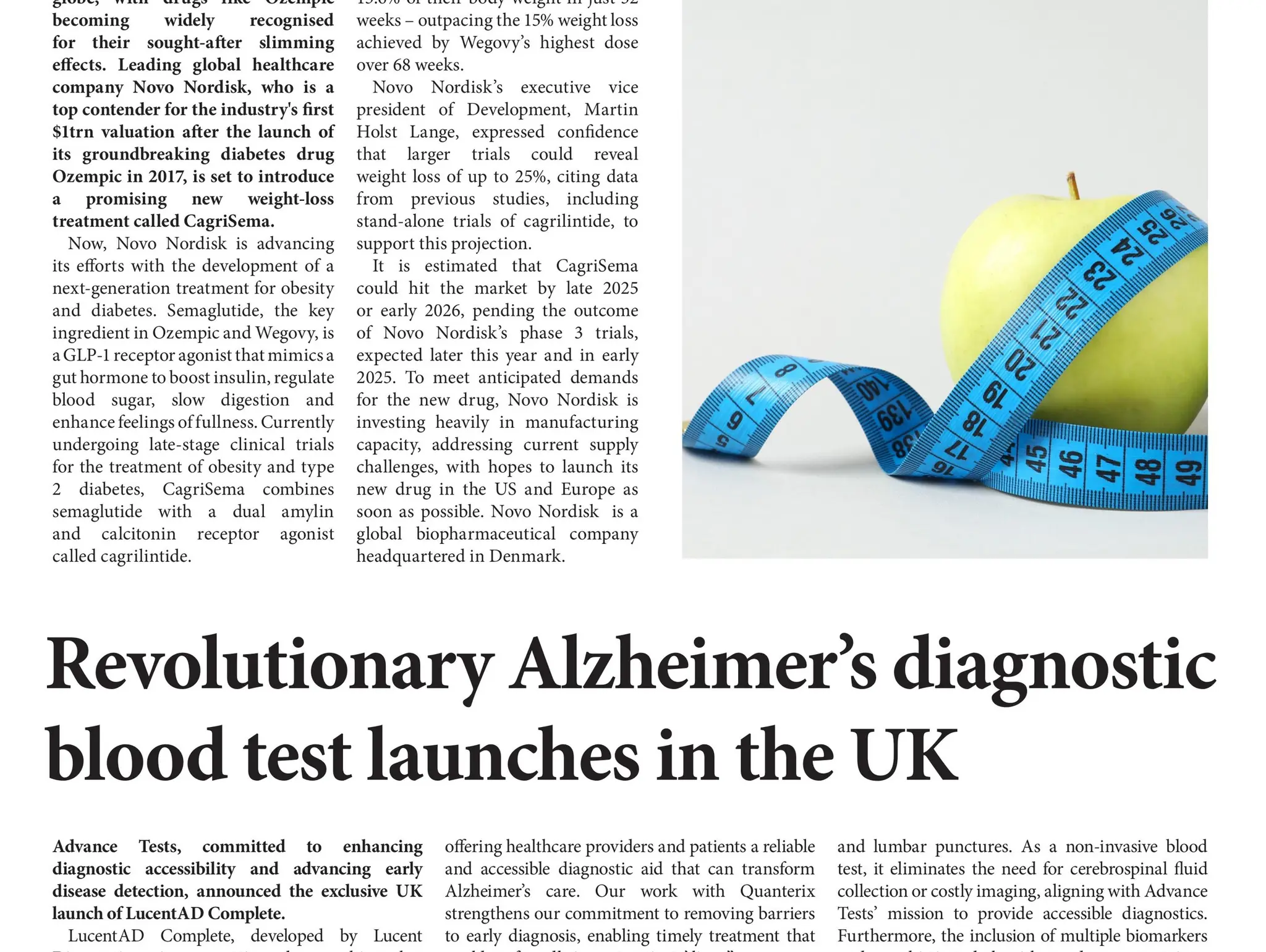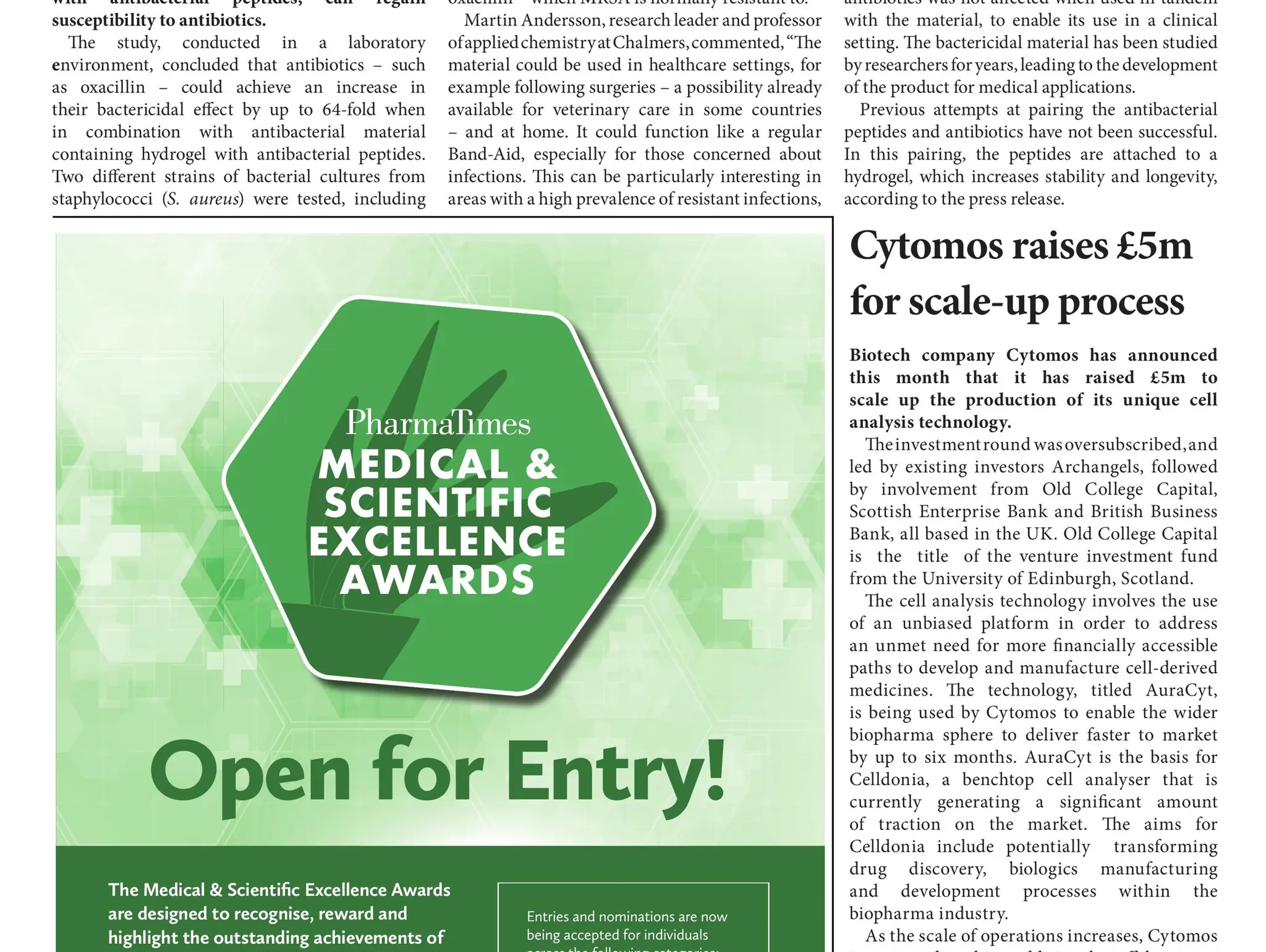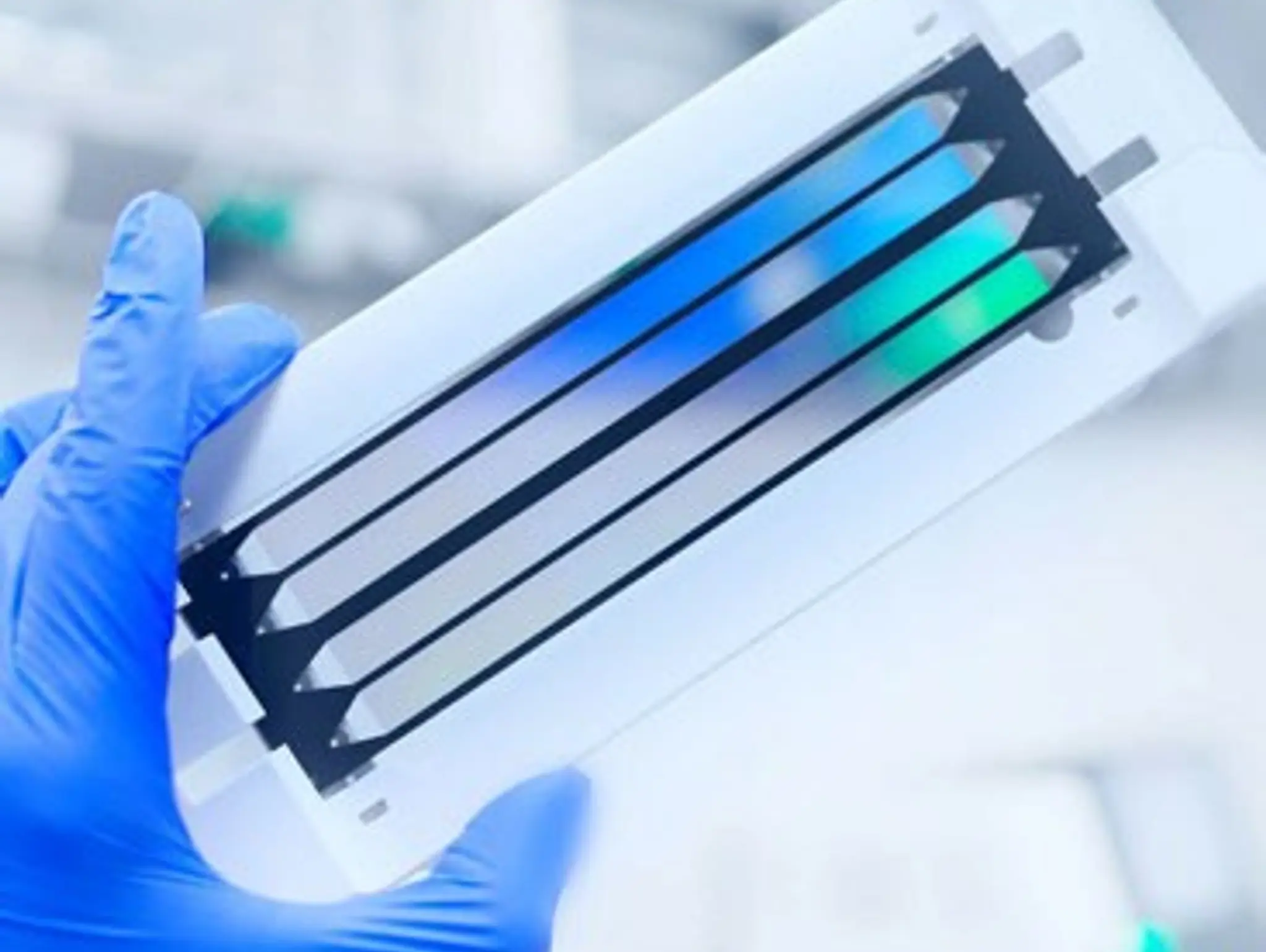
UK News
The latest from the UK pharmacuetical industry

21GRAMS and Havas Lynx lead the charge at the PM Society Awards for pharma marketing and healthcare communications

The Scottish Medicines Consortium (SMC) has approved Ipsen’s Iqirvo (elafibranor) in NHS Scotland to treat the rare liver disease primary biliary cholangitis (PBC).

Besins Healthcare has launched in the UK its new treatment, based on progesterone, to prevent miscarriage.

The UK’s Medicines and Healthcare products Regulatory Agency (MHRA) has approved Moderna’s plans to manufacture commercial mRNA vaccines at its existing facility in Harwell in Oxfordshire.

Japan-based biopharmaceutical company Takeda has announced the launch of its Conceptual Implementation Framework to address barriers such as cost-effectiveness relating to combination treatment introduction in the UK.

According to statistics from the Office for Life Sciences, interventional clinical trials in 2023-2024 featured 19,984 participants – a 9.2% reduction compared to the same time frame in 2022-2023.

The European Commission (EC) has announced the opening of a new Biotech and Biomanufacturing Hub, supporting start-ups and small-to medium-sized enterprises (SMEs) in bringing new innovations to the EU market.

The University of Sheffield, UK, has announced study results for its trial into the survival rates of patients with operable bladder cancer, finding that those who have immunotherapy before and after the surgery have significantly improved rates of survival.

Moderna, a US-based biopharmaceutical company with an expertise in messenger RNA (mRNA), has announced updates in the two years since it signed a ten-year partnership with the UK Government.

Advance Tests, committed to enhancing diagnostic accessibility and advancing early disease detection, announced the exclusive UK launch of LucentAD complete.

Biotech company Cytomos has announced this month that it has raised £5m to scale up the production of its unique cell analysis technology.

Liquid biopsy company ANGLE plc has announced a partnership with NuProbe, a genomics and molecular diagnostics company, to utilise the latter’s pan-cancer next-generation sequencing (NGS) panel.